Corruption, corruption, everywhere

Planning Minister MA Mannan recently said in parliament that the level of corruption had increased all across the country. As the government seems to be in denial when it comes to corruption, such an admission by none other than our planning minister should serve as a wake-up call for all the government institutions. The minister also termed corruption as a national problem, saying that the spending of public money has doubled, tripled or in some cases quadrupled now compared to the last 30-40 years, which means that the scope for corruption has also increased significantly. Who knows this better than the people of this country, who often have to endure corruption when seeking services from various government offices?
Reports are aplenty in the media on how almost all our public sectors have become increasingly vulnerable to corruption, with hardly any government office or project found to be working with complete transparency and accountability. Citing a few news reports on corruption that were published only yesterday will make it clear. According to one report in Prothom Alo, the Office of the Comptroller and Auditor General (OCAG) has found various types of irregularities and corruption in the procurement process of Bangladesh Railway (BR) – the BR has, in fact, purchased a machine for Tk 3 lakh from a contractor, which would cost Tk 19,000 in the market. Another report published in The Daily Star has disclosed how a project director of the Department of Fisheries has been using his own car as a leased vehicle for his project and earning money from this. These two reports are just the tip of an iceberg. Corruption in the form of bribery, extortion, embezzlement, deception, negligence of duty, nepotism, etc is rampant across all government sectors, including health, railway, education and other service sectors, which have been widely reported in the media.
Earlier this year, the Transparency International published the Corruption Perceptions Index (CPI) 2022, in which Bangladesh was ranked 147th out of 180 countries. The TIB also conducted a survey on 15,454 households to examine the level of corruption in our service sectors last year and found that around 71 percent of them had to face corruption while trying to avail public services. The graft watchdog also found various forms of anomalies in government procurement and recruitment processes.
It is clear from all these reports, surveys and investigations that corruption has spread like an infectious disease into every sphere of our society, impeding our progress as a nation. Against this backdrop, the comments made by the planning minister should be taken seriously by the government. It should identify all the avenues of corruption and take drastic measures to ensure accountability and transparency at all levels of the government.
Follow The Daily Star Opinion on Facebook for the latest opinions, commentaries and analyses by experts and professionals. To contribute your article or letter to The Daily Star Opinion, see our guidelines for submission.

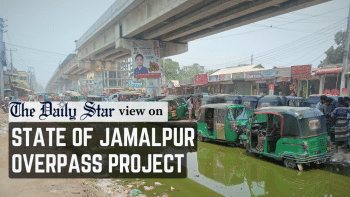
 For all latest news, follow The Daily Star's Google News channel.
For all latest news, follow The Daily Star's Google News channel. 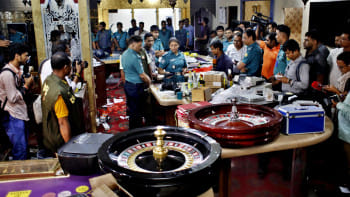
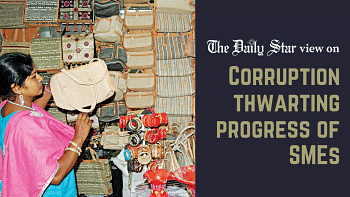





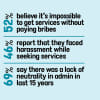
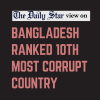


Comments